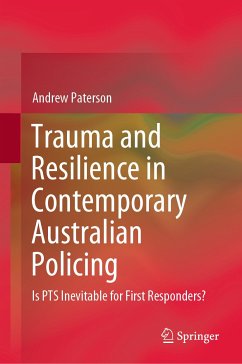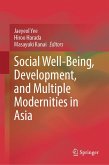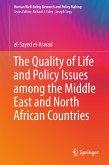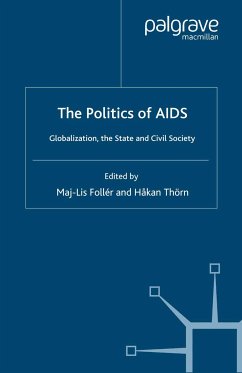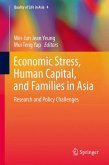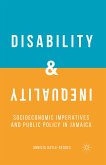By revealing how police officers manage trauma-outside of the expectations of mental health professionals, union representatives and police leadership-innovative approaches and recommendations are offered to support first responders in moving from assumptions of post-traumatic stress and through post-traumatic growth. The book considers recent advances in post-traumatic growth and resilience theory and reinterprets exposure in a positive context, as well as preventative experiences in Australia and internationally.
Dieser Download kann aus rechtlichen Gründen nur mit Rechnungsadresse in A, B, BG, CY, CZ, D, DK, EW, E, FIN, F, GR, HR, H, IRL, I, LT, L, LR, M, NL, PL, P, R, S, SLO, SK ausgeliefert werden.

